Schedule a Call Back
India's solar capacity falls short of target in FY2017: Assocham-NEC study
 Industry News
Industry News- Nov 30,-1
India, which is aiming to achieve 100 GW solar power capacity by 2022, could not achieve the target for FY2017, according to a recent Assocham-NEC Technologies joint study, titled ‘Capacity Building & skill Development’. The country’s installed solar capacity fell short of target of 17 gigawatts (GW) by the end of FY2017, the country will need to significantly ramp up the pace of solar capacity additions by 10 GW this year and more than 15 GW per year to meet the 2022 target, noted the study.
In 2014, Prime Minister Narendra Modi announced a goal to increase solar power capacity to 100 GW by 2022 - five times higher than the previous target.
The biggest technological issue in terms of solar is the efficiency of solar cells. Currently the efficiency ranges from 12 per cent to 20 per cent, though this continues to improve. The rest of the energy striking the panel is either reflected or is wasted as heat. The main issue with efficiency is that higher efficiency solar panels cannot be commercially mass produced.
“To achieve the 100 GW target by 2022, the focus has slightly shifted from indigenous manufacturing. Policies to curb the imports from other countries (for instance China) are not benefiting the domestic manufacturing. Furthermore the increase in taxes in the GST structure in solar from 0 per cent to 5 per cent coupled with reduced taxes in coal from 11.69 per cent to 5 per cent may lead to slow adoption of solar in Indian energy sector,” said the Assocham-NEC study.
Lack of uniform policies across sectors and implementation issues is also an area of concern. In India subsidy structure is complex and there are involvement of multiple agencies. Land allotment is a long procedure in India, which requires approvals at different levels from authorities.
Currently the foreign investment in Indian solar industry is less than 20 per cent. Even after the 100 per cent FDI under automatic route and 74 per cent through foreign equity participation in a joint venture (without approval), it has not paved the path for significant foreign investments in Indian solar industry.
One major issue with solar power is its reliability. At best, a solar panel can generate power for 12 hours a day. As the solar power is available only in at a certain time interval, it makes sense to bottle up the energy and save it for later use. However, main issue with battery packs is the longevity and cost for better reliability. Reliability of grid integration system is also an issue in most of the small residential and commercial rooftop systems and large utility-scale solar power stations.
Electricity transmission & distribution (T&D) performs a vital task of connecting end-users to electricity generators. Despite considerable improvement in the past decade, India has one of the highest level of electricity transmission and distribution (T&D) losses in the world. T&D losses represent electricity that is generated but does not reach to the end customer. India’s T&D losses range from 20 per cent - 30 per cent which is primarily due to two reasons - technical inefficiency, and theft.
The solar panels used in India are not designed to handle very high temperatures and dust prone conditions. Because of this, module damages are common and result in loss in energy generation. Stress related damages to panel results reduced yield. It also increases the cleaning and replacement cost at the site. The efficiency of solar panel drops drastically even when a small portion is blocked by a film of dust.
Poor financial conditions of distribution companies coupled with inadequate financial capacity of stakeholders amounts to financial challenges in the Indian solar industry. Investment required per MW generation of solar power is around Rs 6 crores, which means a total of approximately Rs 600,000 crores for 100 GW.
Viability of solar power projects in India has become an area of serious concern. Solar projects being capital intensive, the project companies take hefty loans from the banks and any change in timeline or policy affects the overall budget of the project. Due to long timeline of the projects, payback period also gets extended.
For solar projects, cost of obtaining capital is usually considered high. This high risk is because of the counter party risk. The counter party risk is because of the inability of the distribution companies (Discoms) to pay for the power they purchase. Discoms have mandate to purchase renewable power to fulfil RPOs (renewable purchase obligations).
Indian solar industry is growing at a rapid pace and requires an integrator to coordinate with private companies and public sectors. There is a need of a consolidator to bring every stakeholder on the same table to better define policies and frameworks for Indian solar industry. Public-private partnerships (PPPs) may offer an effective way to promote and implement rooftop solar PV projects, particularly in India, added the study.
Related Stories
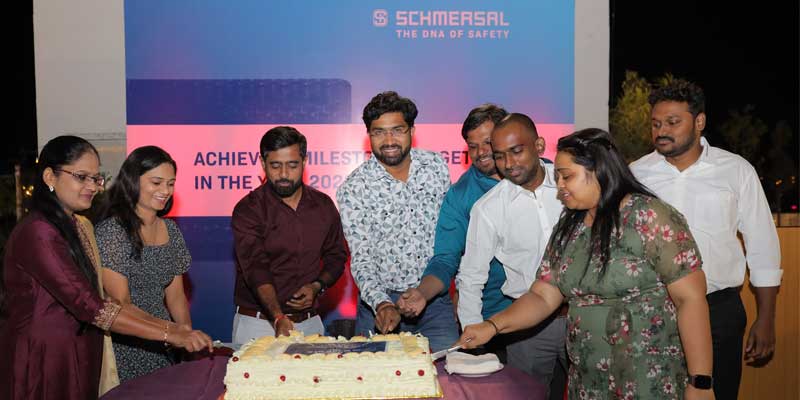
Schmersal India celebration: Achieving milestones together
The Schmersal India offers its customers the largest range of safety switching appliances and systems worldwide for the protection of human life and machines.
Read more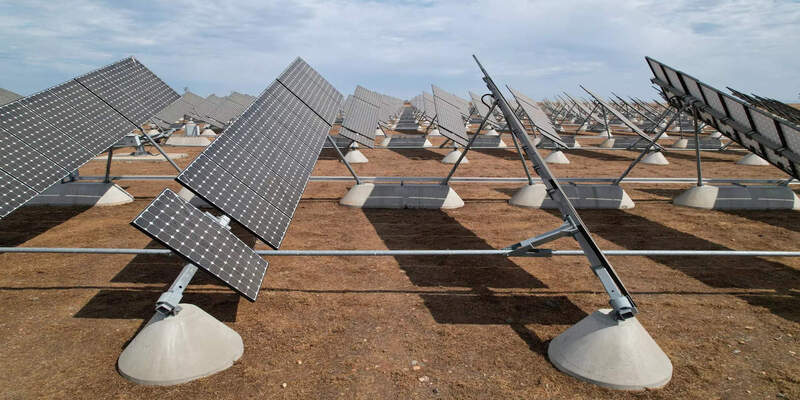
Hinduja Renewables wins 140 MW solar power project in GUVNL tender
The award is part of the Solar Tender Phase -XXII issued by GUVNL for selection of solar power developers for setting up 500 MW Solar Power Projects anywhere in India.
Read more
MP regulator rejects grid support charges for rooftop solar systems
The petition sought the imposition of grid support charges on all consumer categories utilising grid-connected rooftop solar systems under net-metering and base load reduction (Category III).
Read moreRelated Products
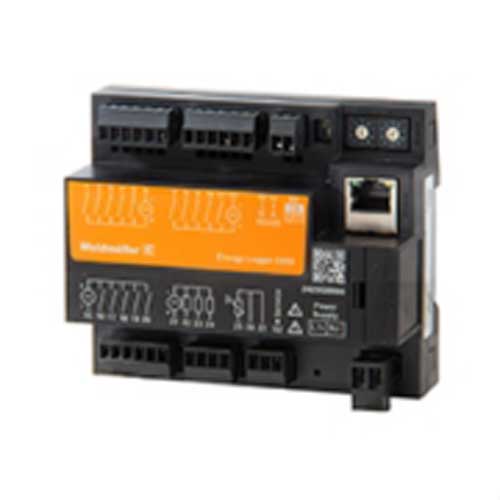
Energy Logger
Weidmuller Electronics India Pvt Ltd offers a wide range of energy logger.
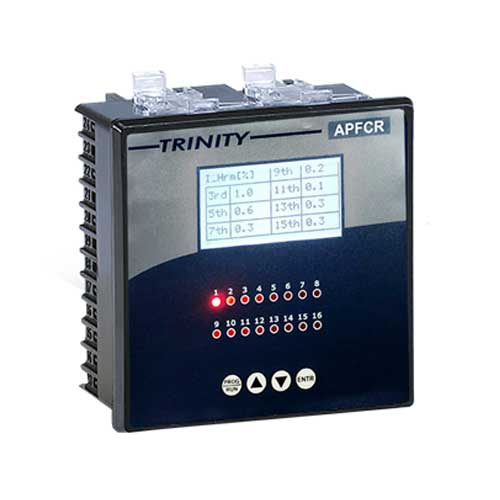
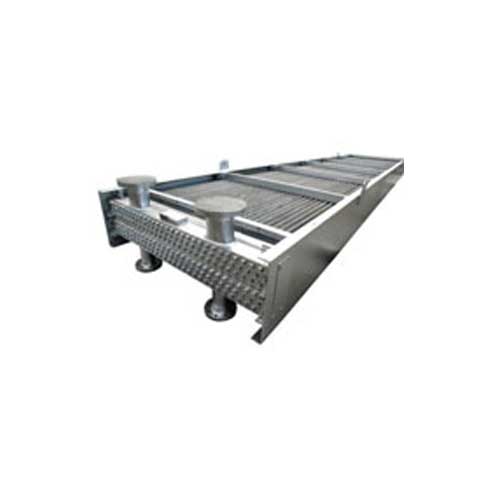
Air Cooled Heat Exchanger
Thermal Energy Systems offers a wide range of air cooled
heat exchanger.













